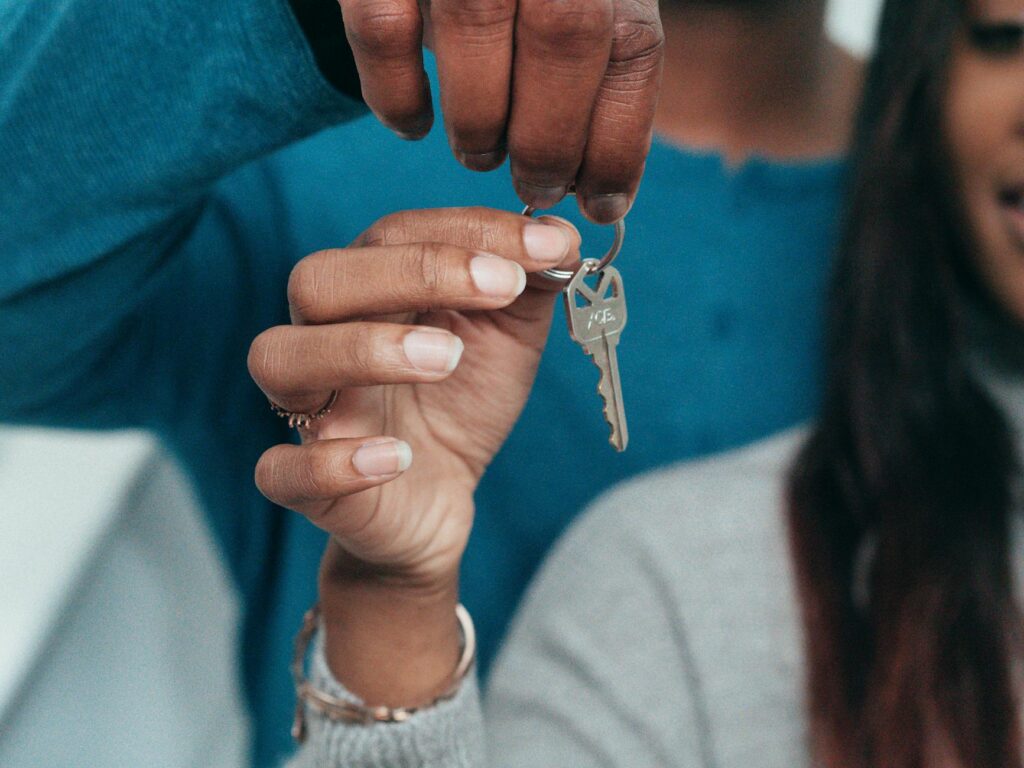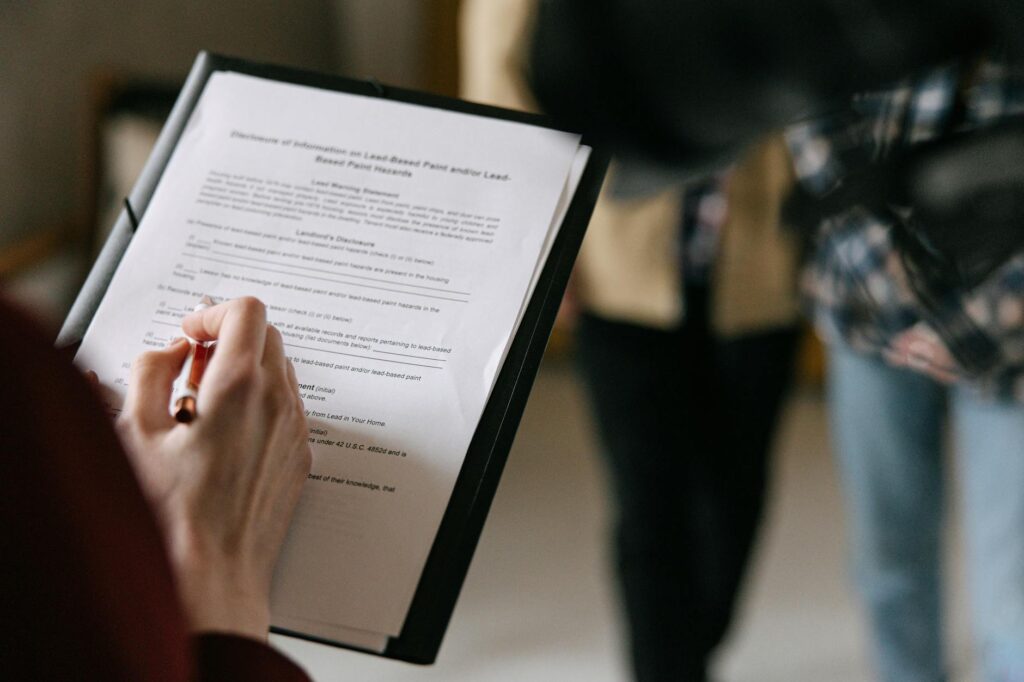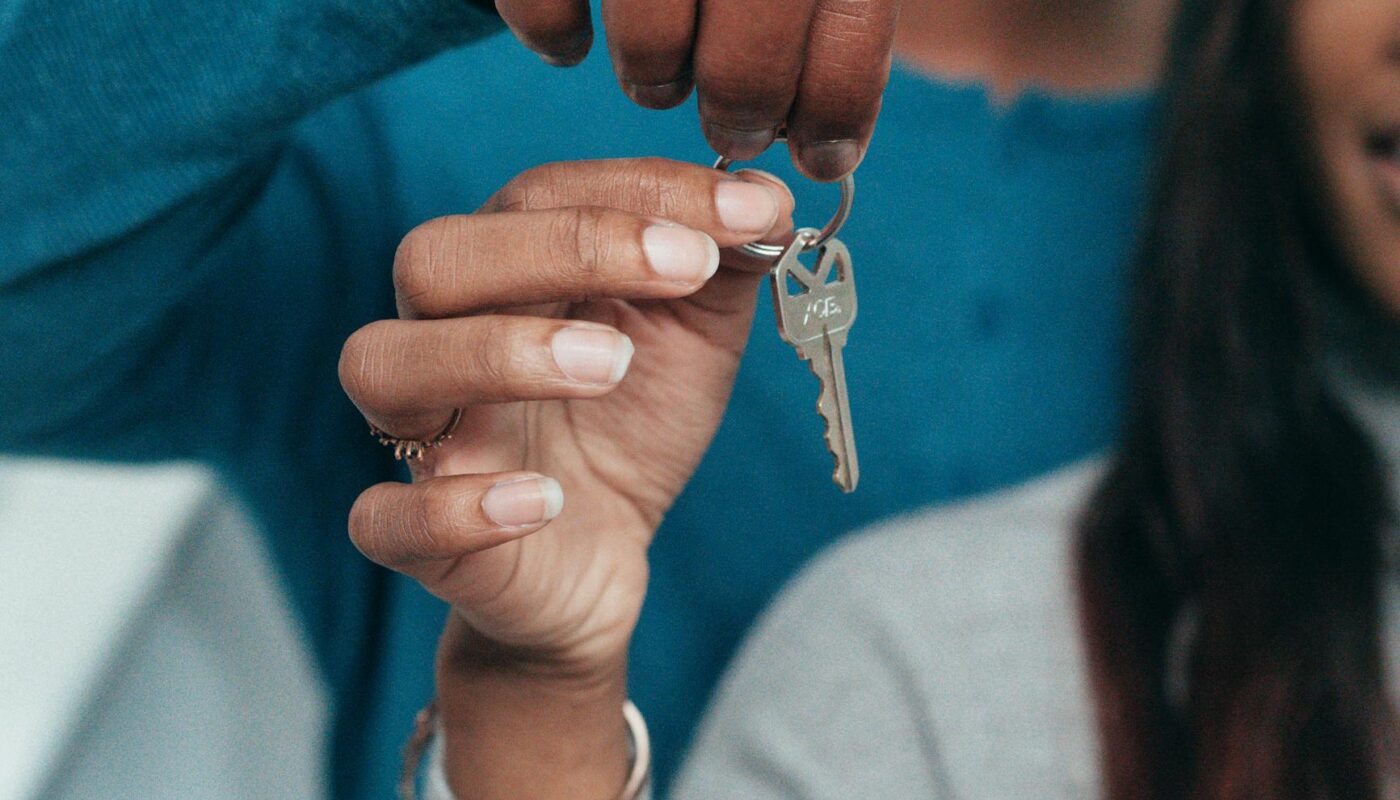Buying a home is a significant milestone, and understanding the down payment and mortgage process is crucial for a smooth experience. This guide breaks down these essential steps to help you navigate your home-buying journey with confidence.
Understanding Your Down Payment
The down payment is the initial amount of money you pay upfront to purchase a home. A larger down payment typically translates to a lower mortgage amount, resulting in lower monthly payments and potentially a better interest rate. However, saving for a substantial down payment can take time. Many lenders offer loans with down payments as low as 3%, but you might face higher interest rates or additional fees. Learn more about different loan options available to you. 
The Mortgage Process: A Step-by-Step Guide
Securing a mortgage involves several steps. It begins with getting pre-approved for a loan, which gives you a realistic budget and strengthens your offer when you find a home. This involves providing financial documentation to the lender, including income statements, credit reports, and asset details. Next, you’ll work with a real estate agent to find a property, make an offer, and negotiate terms. Once your offer is accepted, the lender conducts an appraisal to determine the home’s value. After that, the closing process takes place where you sign the mortgage documents and officially purchase the house. Check out this resource for a more detailed mortgage process outline.
Choosing the Right Mortgage
Various mortgage types exist, each with its own terms and conditions. The most common types include fixed-rate mortgages, adjustable-rate mortgages (ARMs), FHA loans, and VA loans. A fixed-rate mortgage provides consistent monthly payments over the loan’s lifetime, while an ARM’s interest rate can change periodically. FHA and VA loans are government-backed options that often require lower down payments but may have additional requirements. It’s essential to compare different mortgage options and find the one that best aligns with your financial situation and long-term goals. Compare mortgage rates here to find the best fit for you. 
Navigating Closing Costs
Closing costs are fees paid at the end of the home-buying process. These costs can include appraisal fees, title insurance, lender fees, and more. It’s vital to budget for these additional expenses, as they can significantly impact your overall costs. Your lender should provide you with a detailed breakdown of these costs in your Closing Disclosure. Understanding these fees beforehand is key to avoiding unexpected expenses. You can also consult with a financial advisor to prepare properly. [IMAGE_3_HERE]
Maintaining Your Mortgage
Once you’ve closed on your home, maintaining your mortgage requires responsible financial management. Make your monthly payments on time and monitor your account regularly. Consider exploring ways to reduce your mortgage payments, such as refinancing when interest rates are favorable or making extra principal payments. Learn about responsible mortgage management. Building good credit and maintaining a stable financial situation can help you secure more favorable terms in the future.
The Power of Pre-Approval
Getting pre-approved for a mortgage before you start house hunting is highly recommended. It not only helps you understand your budget, but it also makes your offers more competitive in a seller’s market. Knowing your borrowing power eliminates the disappointment of falling in love with a home you can’t actually afford. It also demonstrates your seriousness to sellers and can significantly increase your chances of having your offer accepted. Check your credit score before you begin.
Buying a home is a significant investment, but by carefully considering your down payment and navigating the mortgage process with knowledge and preparation, you can achieve your dream of homeownership. Remember to seek professional advice from financial advisors or real estate agents as needed.
Frequently Asked Questions
What is the average down payment for a home? The average down payment varies but is often between 5% and 20% of the home’s price.
How long does the mortgage process typically take? The mortgage process can take anywhere from a few weeks to several months, depending on several factors.
What are some common mortgage mistakes to avoid? Avoid overextending yourself financially, failing to compare rates, and not understanding your closing costs.
How can I improve my chances of getting approved for a mortgage? Improve your credit score, save for a larger down payment, and maintain a stable income.
Can I refinance my mortgage? Yes, you can refinance your mortgage to potentially lower your interest rate or change your loan term.



